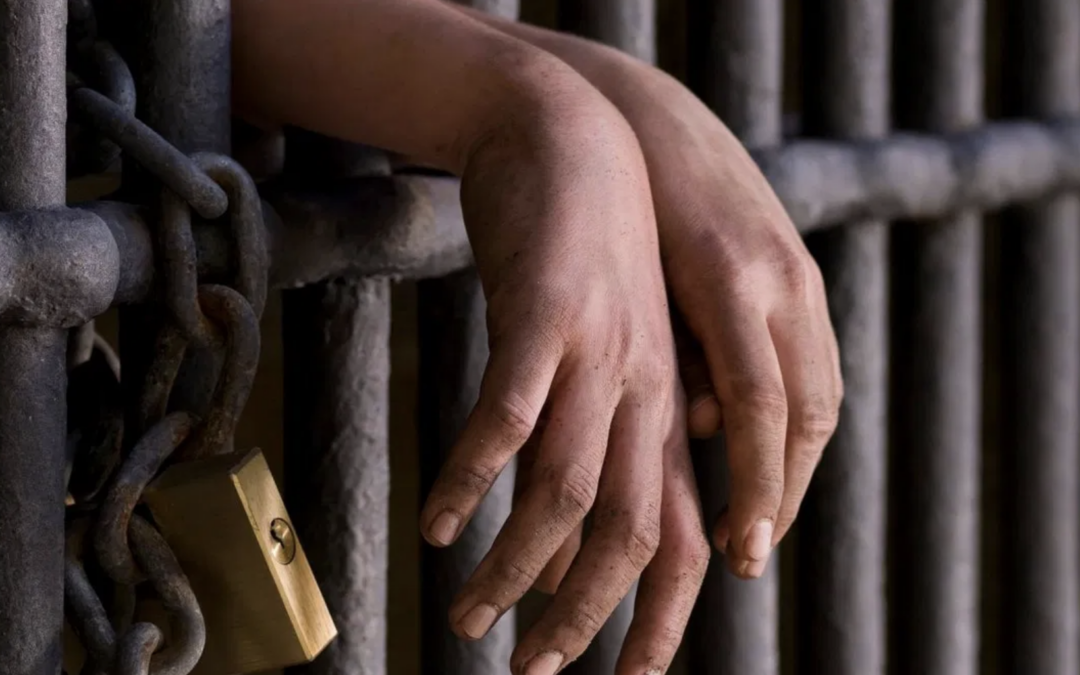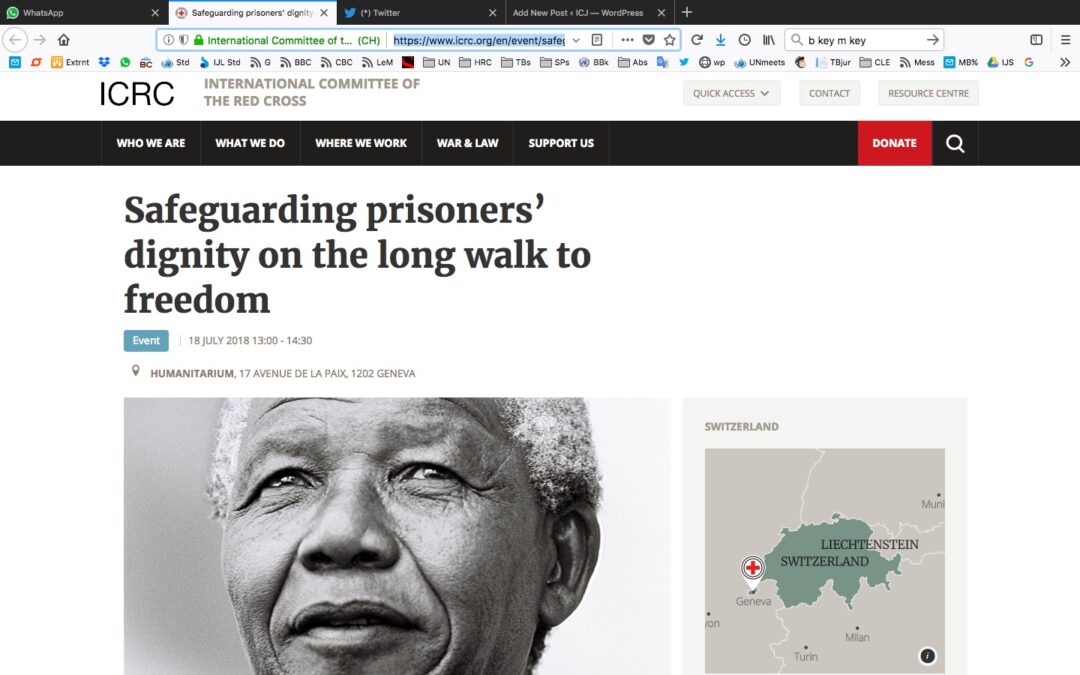
COVID-19: urgent measures must be taken by MENA governments to protect the prison population
In light of the global COVID-19 pandemic outbreak—qualified as a Public Health Emergency of International Concern by the World Health Organization (WHO)—the ICJ, together with 39 other organizations, today expressed grave concern over the situation of detainees and prisoners across the Middle East and North Africa (MENA) and called on governments in the MENA region to:
- Make known to the public their country-specific, and if relevant, facility-specific policies and guidelines in place to prevent the spread of COVID-19 in detention centers, prisons, and police stations.
- Share their emergency preparedness plans and provide specific training to relevant staff and authorities to ensure sufficient and sustained access to healthcare and hygiene provision.
- Conduct a thorough review of the prison population and in turn, reduce their prison populations by ordering the immediate release of:
-
- “Low-risk” detainees and prisoners, including those convicted or held in pretrial detention (remand) for nonviolent offences; administrative detainees; and those whose continued detention is not justified;
- Detainees and prisoners particularly vulnerable to the virus, including the elderly, and individuals with serious underlying conditions including lung disease, heart disease, diabetes, and autoimmune diseases.
- Allow individuals serving probation and probationary measures to fulfill their probation and probationary measures in their homes.
- Guarantee that individuals who remain in detention:
-
- Have their right to health effectively upheld by being granted full access to medical care as required;
- Access COVID-19 testing and treatment on a standard equal to that governing the general population;
- Are provided with means of communication and opportunities to access the outside world when in-person visits are suspended;
- Continue to enjoy their right to due process, including but not limited to the right to challenge the lawfulness of their detention, and their right not to experience delays that would render their detention arbitrary.
Full English language joint statement (in PDF): MENA-Covid-19-Prisons-Advocacy-2020-ENG
Full Arabic language joint statement (in PDF): MENA-Covid-19-Prisons-Advocacy-2020-ARA





